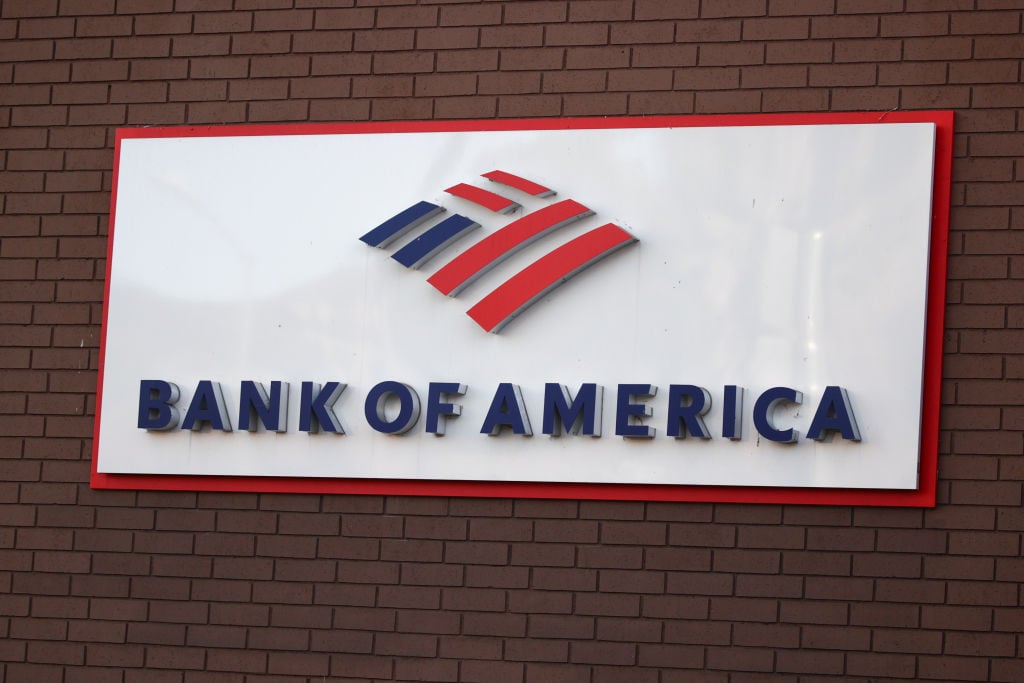Bank of America (NYSE:BAC) and JPMorgan Chase (NYSE:JPM).
They're both huge. They'll both be survivors. Both received a $25 billion investment from the Treasury. One picked up Countrywide when it looked ready to fail, the other picked up WaMu when it did fail. One bought Merrill Lynch (NYSE:MER) before a pending disaster, the other bought Bear Stearns after a historic disaster.
I smell a fight brewin'. Let's watch these two go head-to-head and crown the king of the megabanks.
A year to forget
JPMorgan has certainly fared better than B of A in the past year: Shares are down 13% and 56%, respectively. Even so, if you compare the two on a variety of different metrics, you'll be hard-pressed to find a clear front-runner. Both companies are well capitalized -- especially after Hank Paulson's early Christmas gift -- and have ample reserves to cover future losses, and both have kept nonperforming loans and net charge-offs at levels that shouldn't keep you from losing too much sleep, which is about all you can ask for these days.
While the similarities abound, shareholders have to grapple with a huge wild card to assess the quality of these two: the impact of mammoth acquisitions made in the past year. Comparing past results seems irrelevant, since the B of A and JPMorgan of next year will be completely different beasts than the B of A and JPMorgan of this year.
Everything must go!
Both banks shocked the financial world with four monster deals this year: Countrywide, Bear Stearns, WaMu, and Merrill Lynch (pending). The deals are serious game-changers, since they give B of A and JPMorgan the chance to close the investment-banking gap with Goldman Sachs (NYSE:GS) and Morgan Stanley (NYSE:MS), and the real-estate gap with Wells Fargo (NYSE:WFC) -- especially in light of its pending Wachovia (NYSE:WB) acquisition.
Better yet, all of these deals were made with companies that either had, or likely would have, failed. It only makes sense, then, that they were struck at fire-sale prices ... which most were. Countrywide was bought for about $4 billion -- one-third of its tangible book value at the time. JPMorgan paid no more than what Bear Stearns' New York office building was valued at, and has the government backing some of Bear's riskiest assets. WaMu was acquired from the FDIC for a token amount just five months after JPMorgan originally offered $8 per share.
The one exception to this bargain-bin rampage? Bank of America's pending $50 billion acquisition of Merrill Lynch.
Whereas JPMorgan was practically handed Bear Stearns, B of A actually paid a premium to Merrill's book value -- and did it without any government help. Why'd it pay up? Your guess is as good as mine. You'd think a deal struck at a time when Merrill likely would have failed without a partner would have been done at terms B of A would be salivating over, yet Merrill Lynch appeared to come out with the bargaining power on this one.
Now -- without comparing the differences between Bear Stearns and Merrill Lynch -- we have something material to distinguish B of A from JPMorgan: Merrill Lynch could easily end up being a $50-billion blunder for B of A, especially if the economy continues to upend the finance world as we know it. JPMorgan's deal with Bear Stearns, on the other hand, will likely go down as "the deal of the century" even if Wall Street continues to flounder, simply because it paid so little for it. That fact alone shifts the probability of success in the coming years comfortably into JPMorgan's corner.
The verdict
Two great banks. Two survivors in a hollowed-out industry. Two stocks that will likely look like bargains five or 10 years down the road when -- dare I say it -- the credit crunch could be long gone.
But since so much of B of A's future is now hinged on the moot assumption that the $50 billion offered for Merrill will eventually bear fruit, I'd put the odds of big returns in the coming years leaning more toward JPMorgan Chase.
Do you agree? Both JPMorgan and B of A hold three-star ratings (out of five) in CAPS. Click here to come on over to CAPS and tell us what you think of these banking giants.
For related Foolishness:







